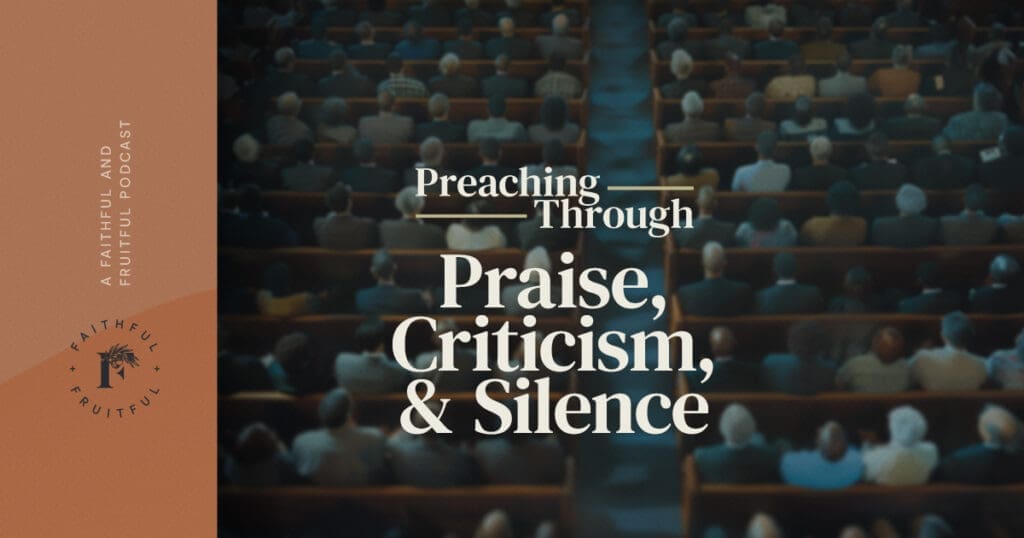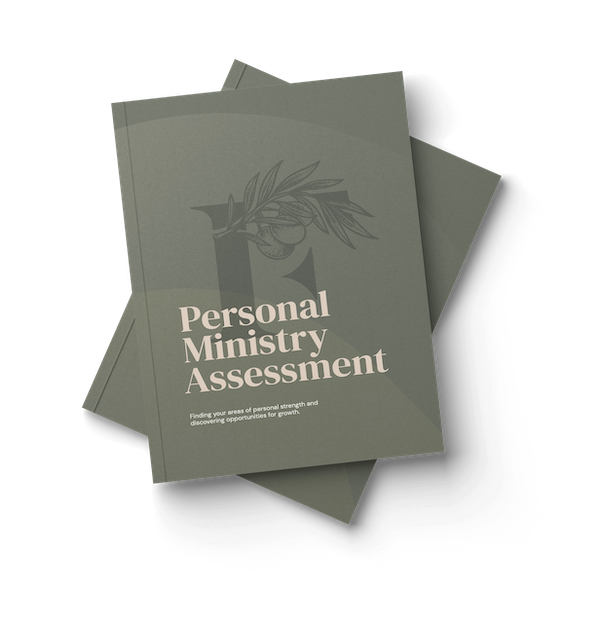As a preacher, the most common feedback you’ll receive after delivering a sermon is silence or a neutral “Oh.” It’s crucial to prepare ahead of time for how to respond to praise, criticism, and silence.
Handling Praise:
- Acknowledge and appreciate praise without letting it go to your head
- Thank people for their encouragement
- For specific praise, ask follow-up questions to understand what connected with them
Dealing with Criticism:
- Handle criticism graciously
- Thank the person for sharing their thoughts and say you will consider their feedback
- Most criticism will come through emails or anonymous feedback cards rather than face-to-face
- Don’t invite critical emails by frequently mentioning them from the pulpit
- Distinguish between constructive critique and unconstructive criticism
- Learn what you can from criticism, but keep it in proper perspective
- Much of it reflects more about the critic than about your sermon
Cultivating Constructive Feedback:
- Develop relationships with people who will give you honest, constructive feedback on your preaching
- Share criticism with your spouse without naming the critic
- Consider the difference between your intent and the impact of your words on listeners
Navigating Silence:
- Remember you ultimately preach for an audience of one – God
- Evaluate yourself based on your own preaching goals and assumptions, not just external feedback
- Aim to have what comes out of your mouth match what you hoped to say
- If you properly prepared, included God in the process, and did your best, trust Him with the results
Soliciting Feedback:
- Some preachers need more affirmation and praise than others
- Find appropriate ways to solicit constructive feedback from those whose opinion you value, giving them time to share thoughtful comments
Be aware of the praise, criticism, and silence that comes with preaching. Have a plan for handling each one properly. Focus on improving your preaching without being derailed by feedback. Ultimately, preach to please God, not people.

